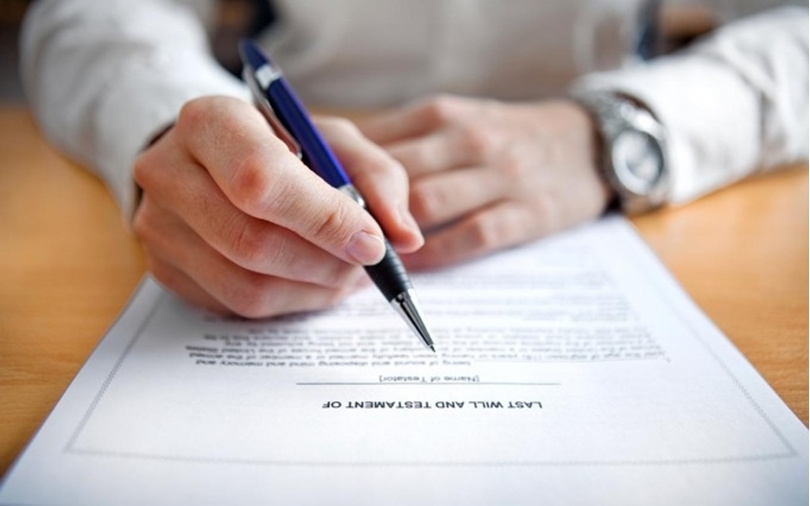Why You Need to Review Your Will

If you have a family, then as a responsible parent you undoubtedly have already executed a Last Will and Testament because you want to protect and provide for their future well being. But you may not have realized how important it is to regularly review and update your Will. And for the month of January, you can get a complete legal will kit for Canada or the United States for just $5.99 when you purchase any power of attorney form.
How often should I review my Will?
As a general rule of thumb, it makes sense to review your Will with your lawyer every 3-4 years, or after any life-changing event (such as a divorce or the death of a spouse). If he/she does not have the original Will in their possession, you should take it with you to the meeting.
You can keep a digital copy on your laptop / tablet as a handy point of reference, but make sure it is stored in an encrypted location and properly secured with a password so that only you can view it. Your Will should not be publicly accessible, not even by family members. This may well be the most important document you have ever signed. Protect it from tampering.
Under what circumstances should I change my Will?
1. If your marital status changes. In some jurisdictions, a marriage or divorce will automatically void your Will but this is not universal. And if you live with a common law partner, they may or may not be deemed to be your spouse under the law. Talk to your lawyer to find out how matrimonial property laws in your area apply to your estate plan.
2. If you want to add or remove beneficiaries. Let's say your family has grown - whether through a birth, adoption, or blending of two families. You will want to provide for the additional child(ren) in your Will. On the other hand, maybe you and your cousin Alfred and you no longer want to leave him your stamp collection.
3. If you have made additional investments or acquired additional major assets. Don't just assume that all of your assets will automatically be covered by your Will when you pass. Review the provisions of your mutual funds, retirement fund accounts, life insurance policies and other investments with your lawyer.
4. If you have sold assets. Make sure that any property or assets you have sold are not listed as specific bequests.
5. If a beneficiary dies. Review the survivorship provisions in your Will to make sure that if a beneficiary predeceases you, their share of your estate is redistributed to other beneficiaries.
6. If your executor dies or is no longer able to act. Your executor / administrator / trustee is the person who will handle the payment of estate bills and the distribution of estate assets to the beneficiaries. If he/she dies before you do or is no longer capable of handling the responsibilities of winding up your estate, you must appoint a replacement. If you don't do it, the courts will make the decision for you.
Do I have to rewrite my entire Will every time I want to make a change?
Minor changes can usually be accomplished by adding a codicil to your Will. Major changes should always be incorporated into a new Will which will revoke and replace the previous Will.
